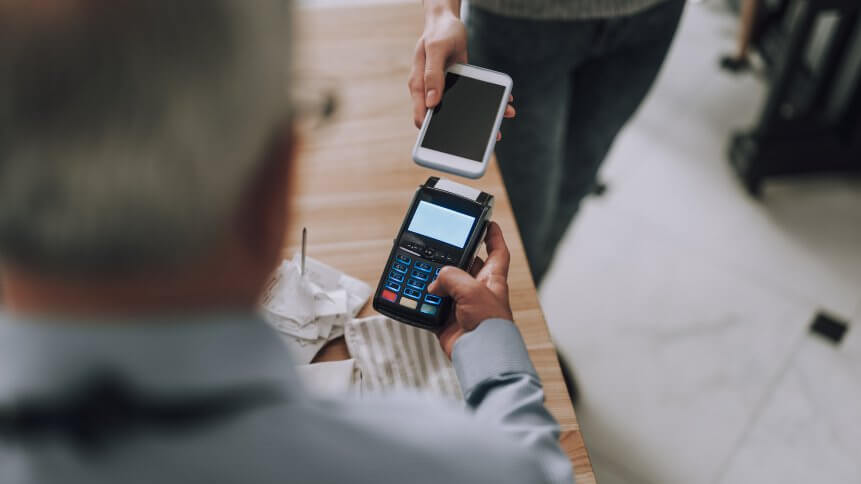Why small businesses need technology

Thanks to the rise of Amazon, Uber and other vast and disruptive technology companies, there’s an assumption that small businesses have been more or less wiped off the map, or at least are clinging on for dear life.
But that simply isn’t the case, and closer scrutiny of the changes that have taken place on the high street, by way of an example, makes this clear.
A retail apocalypse?
The ‘retail apocalypse’ was undoubtedly catastrophic for many businesses. But those that suffered most were the ones most similar to their usurpers.
In other words, shops offering a broadly homogenous product at relatively low cost lost out, because when it comes to convenience and price, the internet will always come out on top sooner or later.
The businesses that survived necessarily had to offer something different—something that Amazon and its ilk couldn’t offer.
But some businesses were already offering something different, and those are the principal qualities that you associate with a small business. They were offering variety, experience, discovery and the all-important personal touch.
Barbers, florists and beauticians endured (and even flourished in spite of) the ‘retail apocalypse’ because they have these qualities and they’re highly developed.
Amazon might be able to get you a replacement phone charger within a day, but it can’t offer you the great customer experience and sense of novelty that you get when you walk into a boutique clothing store.
YOU MIGHT LIKE

Will UK small businesses face a digital tax squeeze?
Small businesses & technology
What’s interesting is that technology, which is rightly seen to be the force that has disrupted so many industries, can also level the playing field.
For those small and independent businesses, technology can be the means by which they take care of the more menial and time-intensive tasks so they can do what they do best: provide a great customer experience. Accounting apps, human-resources tools and software that manages, maintains or tracks are invaluable to small businesses. Social media, meanwhile, provides free advertising and marketing platforms.
The small can now do more with less. They’re more flexible, more agile. They can diversify their offering more easily. And they can do all those things without compromising—and indeed, enhancing—their most human, and most valuable offerings.
Moreover, they have the space to think creatively. It’s a truism that people put their ideas to one side to concentrate on more practical pursuits.
The power of small business
As Picasso tells us, the ‘chief enemy of creativity is good sense’. Thanks to tech, small business owners can think about how they can improve what they do, and seek out areas of potential value to explore.
What remains to be seen is how far this trend can go. Public faith in large, digital-first companies is waning following years of chronic misuse and abuse of data and personal information.
Meanwhile people are crying out for color and vitality to return to high streets that have become bereft of originality.
Small and independent businesses, in short, are much more than businesses-of-a-small-size. Taken together they’re often the beating heart of communities, and their thriving corresponds to the thriving of those communities.
Who knows? Maybe a small business renaissance is on the horizon. And, as strange as it may sound, maybe it’s a renaissance catalyzed by technology.








